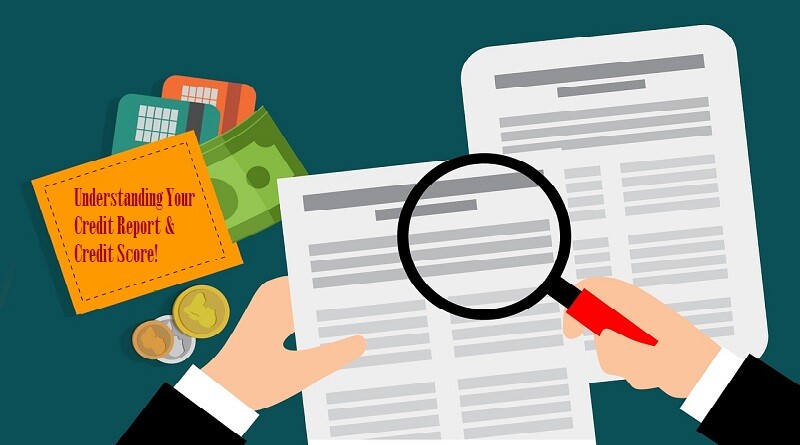Understanding Your Credit Report And Credit Score
Tips on How to Keep Your Credit Report, Credit Score and Credit Profile Healthy!
Your credit report and score is the most important financial instrument that requires you to apply for the loan you are looking for. It also determines the interest rate credit lenders will be charging you, your highest score will awards you the most economical rate and your poor score results in even dismissal of your loan application.
The Department of Finance’s rule changes for high-ratio mortgages means that a prospective borrower’s credit rating is more important than ever when it comes to qualifying for a mortgage loan when their down payment is less than 20% of the value of the property. Consumers need to be aware of how their credit is evaluated by lenders, and how they can work to avoid so-called bruised credit – people with a lower credit score can find themselves paying a higher interest rate, or even denied access to certain types of personal loans.
How to read your credit report? A credit report is a detailed history of how consistently you meet your financial obligations and provides an impression of your financial health based on your credit history and past behaviour. A credit score is a three-digit number, usually between 300 and 900, representing your overall credit-worthiness, based on personal information from your credit report and other available sources.
Both your credit report and score are important. When deciding whether or not to grant a personal loan, credit card, mortgage loan and other lines of credit, lenders refer to an applicant’s credit report and score, along with a range of other factors such as income, employment history, business and size of down payment.
The higher your score the more likely you are to be approved for a personal loan including mortgage and receive favourable rates because the lender considers you to be a better credit risk. Several factors are used by the two available credit agencies in Canada, Equifax Canada and TransUnion Canada to calculate credit scores:
- Debt payment history.
- Amounts owed compared to your current credit limits with lenders.
- How often you seek new credit.
- Length of time you have had credit accounts.
- Type of credit, such as car loans, business loans, student loans, lines of credit, credit cards.
Recent news from the financial industry over the past few weeks has highlighted the fact that for many borrowers nowadays, one’s credit rating is an even more important factor when it comes to accessing personal loans including mortgage credit. By taking a few basic precautions, consumers can protect their credit report and credit score, and increase their access to better rates and a better choice of loan products.
Here are a number of steps that you can take to keep your credit report and credit score healthy:
- Pay off your debts on time – always meet due dates.
- Don’t maximum out your credit cards – up to 50% of a card’s credit limit is favorable.
- Borrow only the amount you can afford to repay.
- Numerous inquiries for consumer-type credit in a short period of time can worsen your score – make out only necessary inquiries.
- Check your credit report with regular intervals for errors, omission and mistakes to avoid unexpected problems to your credit profile.
Looking for more information about your Canadian credit score and report; you can obtain a copy of your credit file free from Equifax Canada (1-800-465-7166) and Trans Union Canada (1-800-663-9980). However, these free credit reports will not contain a credit score and it’s a good idea to get both the reports. You can order more comprehensive reports including your credit score from these credit bureau companies, for a small fee.




